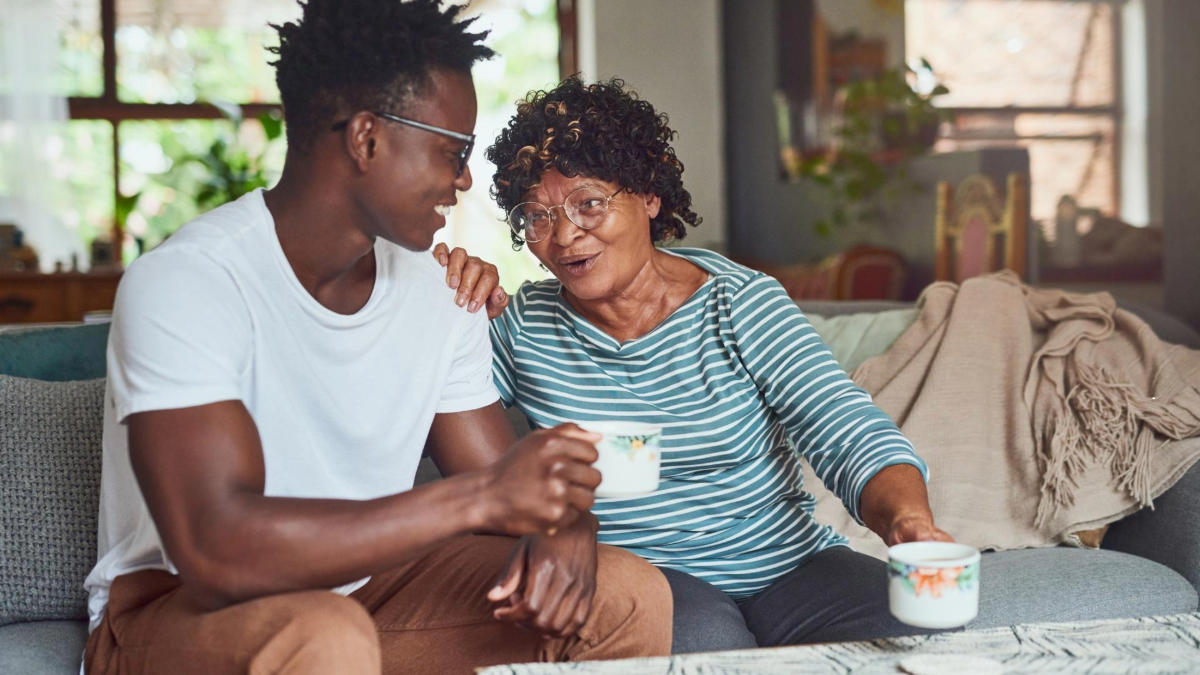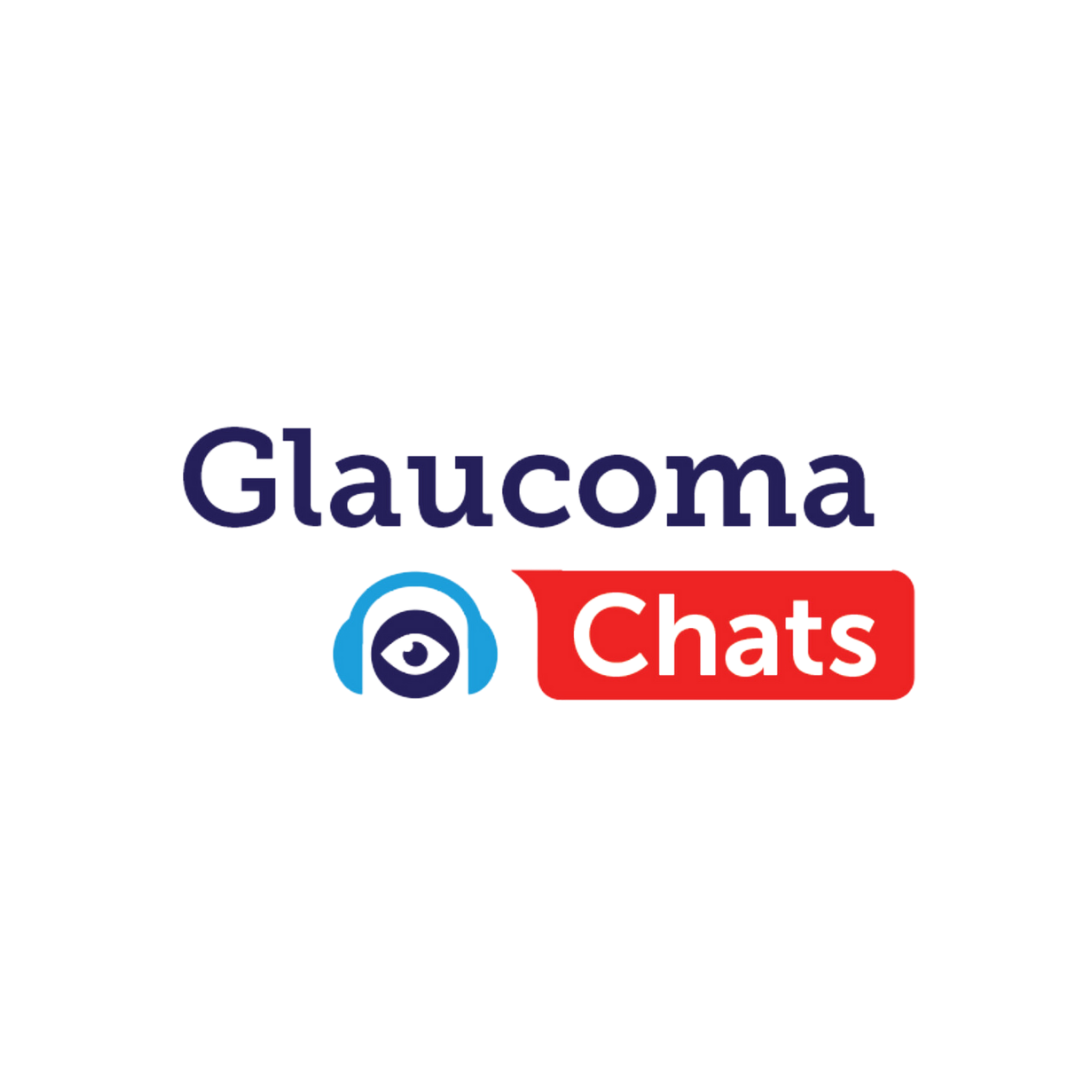With support from family, friends, and community providers, people with glaucoma can maintain their independence. Asking for help may be difficult, but it can be key to supporting your quality of life.
Living with Low Vision: Asking for Help
If you or a loved one has glaucoma, it can be very difficult to live and learn to cope with low vision:
- People who are visually impaired may feel depressed and isolated.
- They can become frustrated because routine tasks may now be hard to accomplish.
- Sports, hobbies, and other leisure activities sometimes seem almost impossible.
It’s important for people with low vision to try taking on challenges and resolving problems without becoming overwhelmed by negative emotions.
To remain as independent as possible, you need a team effort, with members including:
- Healthcare professionals such as physicians and visual rehabilitation specialists
- Community volunteers
- Family and friends
Consider joining a support group for people with glaucoma or low vision. Such groups provide a safe, welcoming space for members to discuss common issues, share coping strategies, and exchange information.
Support from Family and Friends
When a loved one is visually impaired, family and friends may not be sure what type of assistance the person may need or want. As a result, family and friends may overprotect or withdraw.
Those with low vision need to openly communicate and ask for help if necessary but also assert their independence. Frank discussion among everyone affected often leads to better understanding.
Family and friends may find it useful to divide up responsibilities if they are asked or want to volunteer to help. These responsibilities may include:
- Adapting the home and ensuring that it is safe
- Running errands
- Making and taking the person to medical and other types of appointments
- Helping with meals, house cleaning and other tasks, social activities, and outings
Lotsa Helping Hands: An Online Caring Community
Lotsa Helping Hands powers online caring communities that help restore health and balance to caregivers’ lives.
Our service brings together caregivers and volunteers through online communities that organize daily life during times of medical crisis or caregiver exhaustion in neighborhoods and communities worldwide. Caregivers benefit from the gifts of much-needed help, emotional support, and peace of mind, while volunteers find meaning in giving back to those in need.
Lotsa Helping Hands makes it easy to ask family and friends to help. This online tool provides a free private group calendar for caregivers, friends, family members, and other volunteers. The calendar helps them coordinate the dates and times when they will help with caregiving duties, such as preparing meals, providing rides or running errands.
Resources through Low-Vision Organizations
A number of low-vision organizations for glaucoma provide resources and assistance. Find out about low-vision aids for daily activities, support groups, government benefits, and much more at Helpful Resources.
About BrightFocus Foundation
BrightFocus Foundation is a premier global nonprofit funder of research to defeat Alzheimer’s, macular degeneration, and glaucoma. Through its flagship research programs — Alzheimer’s Disease Research, Macular Degeneration Research, and National Glaucoma Research— the Foundation has awarded nearly $300 million in groundbreaking research funding over the past 51 years and shares the latest research findings, expert information, and resources to empower the millions impacted by these devastating diseases. Learn more at brightfocus.org.
Disclaimer: The information provided here is a public service of BrightFocus Foundation and is not intended to constitute medical advice. Please consult your physician for personalized medical, dietary, and/or exercise advice. Any medications or supplements should only be taken under medical supervision. BrightFocus Foundation does not endorse any medical products or therapies.
- Lifestyle










